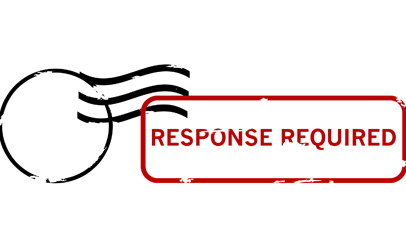A seafood processor and a seafood importer have recently received warning letters from the U.S. Food and Drug Administration (FDA).
The first was dated Feb. 28, 2017 and went out from FDA’s Seattle District Office to Trapper’s Creek Inc., doing business as the Copper River Smoking Company and located in Puyallup, WA. Trapper’s seafood processing facility was subjected to an inspection that ran from Aug, 29, 2016 to Sept. 30, 2016.
 “During the inspection, FDA collected environmental samples consisting of multiple swabs taken from various areas in your processing facility. FDA laboratory analysis of the environmental swabs identified the presence of Listeria monocytogenes (L. monocytogenes), a human pathogen, in your facility,” FDA’s warning letter says. “Based on this analysis, we have determined that your hot-smoked salmon and salmon jerky are adulterated within the meaning of section 402(a)(4) of the Federal Food, Drug, and Cosmetic Act…”
“During the inspection, FDA collected environmental samples consisting of multiple swabs taken from various areas in your processing facility. FDA laboratory analysis of the environmental swabs identified the presence of Listeria monocytogenes (L. monocytogenes), a human pathogen, in your facility,” FDA’s warning letter says. “Based on this analysis, we have determined that your hot-smoked salmon and salmon jerky are adulterated within the meaning of section 402(a)(4) of the Federal Food, Drug, and Cosmetic Act…”
In addition, FDA’s inspection found “serious violations” of the seafood Hazard Analysis and Critical Control Point (HACCP) regulation. The warning letter also informed Trapper’s about the location of the Listeria contamination found inside the facility. Here’s where the positives were found:
- One (1) environmental swab collected from the food contact surface between the conveyer belt and the frame of the slicer used to cut raw fish for salmon jerky.
- One (1) environmental swab collected at the junction of old and new floor in front of smoker (b)(4). Racks of uncovered Ready-To-Eat (RTE) hot smoked salmon are rolled out of this smoker and over this area of the floor.
- Three (3) environmental subsamples collected from floor drains in the Raw Room where raw fish is thawed and filleted for hot smoked salmon and salmon jerky.
“L. monocytogenes is a pathogenic bacterium that is widespread in the environment and may be introduced into a food processing facility from raw materials, humans or equipment, “ FDA continued. “Without proper controls, it can proliferate in food processing facilities where it may contaminate food.”
Whole Genome Sequencing analysis also found the five isolates were identical, causing FDA to conclude it likely there is “a resident strain or niche harborage site” in the facility.
The second seafood processor received a March 2, 2017 warning letter. That one went to Lucky Pacific Corp. and Kamli International Co. Ltd. in Brooklyn, NY, and was from FDA’s New York District Office.
The seafood importer was inspected between Oct. 24, 2016 and Nov. 9, 2016. FDA’s concern is the facilities are processing imported fish or fish products that may not meet conditions that are equivalent to those required of domestic processors.
The warning letter says that FDA expects the importer to take prompt action to correct any violations or the agency may take further actions including refusing admission to the U.S. market of the imported fish or fishery products, which might also be seized and/or enjoined.
